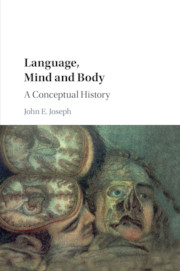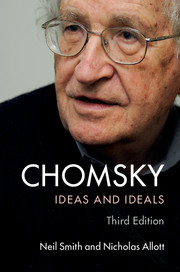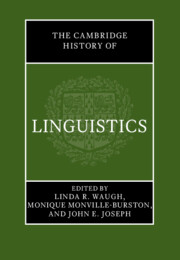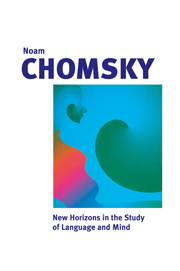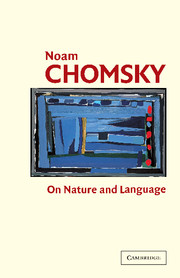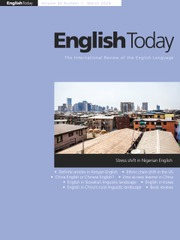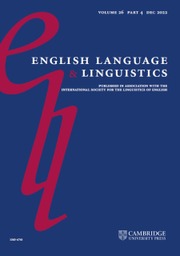Language, Mind and Body
Where is language? Answers to this have attempted to 'incorporate' language in an 'extended mind', through cognition that is 'embodied', 'distributed', 'situated' or 'ecological'. Behind these concepts is a long history that this book is the first to trace. Extending across linguistics, philosophy, psychology and medicine, as well as literary and religious dimensions of the question of what language is, and where it is located, this book challenges mainstream, mind-based accounts of language. Looking at research from the Middle Ages to the present day, and exploring the work of a range of scholars from Aristotle and Galen to Merleau-Ponty and Chomsky, it assesses raging debates about whether mind and language are centred in heart or brain, brain or nervous-muscular system, and whether they are innate or learned, individual or social. This book will appeal to scholars and advanced students in historical linguistics, cognitive linguistics, language evolution and the philosophy of language.
- Assumes no prior familiarity with linguistics or with theories of extended mind and embodied cognition, serving the needs of students at all levels as well as specialists in need of cross-disciplinary understanding
- Focuses on the role played by race in body-based accounts of language over the centuries, exploring implicit race-based assumptions
- Clearly explains present-day concepts, such as 'extended', 'embodied', 'distributed' and 'situated' as applied to cognition and language, enabling the reader to fully understand how they have emerged and how they relate to one another
Reviews & endorsements
'Joseph vividly defamiliarizes linguistic categories we are accustomed to - abstract and concrete, langue and parole, embodied cognition, even language and mind. Rereading our histories, he rethinks what's at stake when we affirm a 'discipline' of linguistics.' Mark Amsler, University of Auckland
Product details
No date availableAdobe eBook Reader
9781108378215
0 pages
28 b/w illus. 1 table
Table of Contents
- 1. Purification and hybrids
- 2. Language incorporated
- 3. Language in body and mind: antiquity
- 4. Middle Ages
- 5. Renaissance
- 6. Eighteenth century
- 7. Nineteenth century
- 8. The (we have never been) modern Age
- 9. Abstract and concrete language
- 10. Conclusion.

